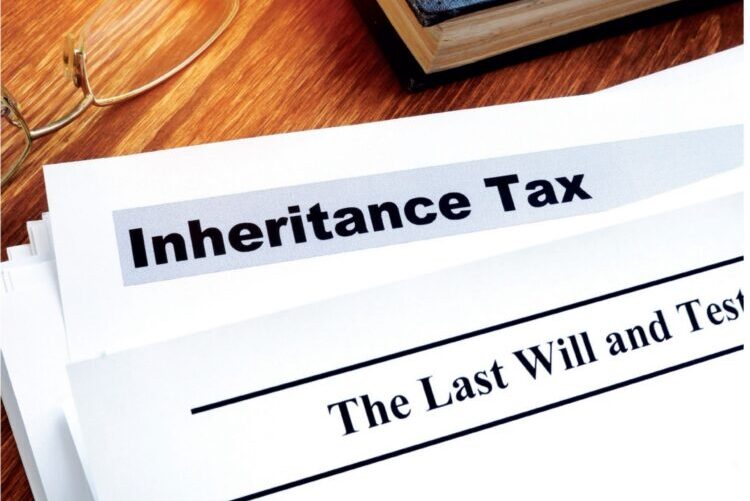Inheritance tax (IHT) in the United Kingdom is a subject that has garnered significant attention and debate in recent years. As a tax imposed on the estate of a deceased person, it plays a crucial role in the realm of estate planning and the redistribution of wealth.
In this comprehensive article, we will delve into the intricate world of inheritance tax in the UK, exploring its history, the current landscape, planning strategies, and the ongoing discourse around this often-controversial tax.
Page Contents
A Historical Perspective: The Origins of Inheritance Tax in the UK
Inheritance tax in the UK has a long history, with its roots dating back to the early 17th century. Over time, the tax system has evolved and taken various forms, ultimately leading to the modern framework we see today. The imposition of IHT has undergone numerous changes in response to economic, social, and political shifts.
In its contemporary form, inheritance tax serves as a revenue source for the government, aimed at mitigating wealth inequality and contributing to public finances. However, it also remains a contentious issue, sparking debates on its impact on families and businesses.
The Current Landscape: Understanding Inheritance Tax

Source: theportugalnews.com
Inheritance tax is a tax on the value of a deceased person’s estate, including their property, possessions, and financial assets. In the UK, the tax is levied at a rate of 40% on the value of the estate exceeding the nil-rate band, which is currently set at £325,000 (2022/23).
For married couples and registered civil partners, the nil-rate band is transferable, effectively allowing a couple to pass on assets worth up to £650,000 tax-free. Furthermore, there’s an additional Residential Nil-Rate Band, which provides extra relief on property passed to direct descendants, such as children or grandchildren, up to £175,000 (2022/23).
While these thresholds provide a level of protection, estates exceeding these values are subject to IHT. This has raised concerns about the impact of the tax on families, particularly those with assets tied up in property or small businesses.
Mitigating Inheritance Tax: Effective Planning Strategies
Estate planning is a fundamental approach to managing inheritance tax liability. Several strategies are available to individuals looking to reduce the impact of IHT on their estate:
- Annual Gifting: The UK allows individuals to make tax-free gifts of up to £3,000 each year. These gifts, if made consistently, can help reduce the taxable estate over time.
- Gifts for Special Occasions: Gifts to individuals for specific occasions, such as weddings or birthdays, are exempt from IHT.
- Gifts to Spouses and Civil Partners: Transfers of assets between married couples and registered civil partners are typically exempt from IHT.
- Business Relief and Agricultural Relief: Certain business and agricultural assets may qualify for relief from IHT, with the potential for a reduced tax liability.
- Trusts: Establishing trusts can be a tax-efficient way to pass on assets while retaining some degree of control.
- Charitable Donations: Donating to registered charities can reduce the taxable estate while supporting charitable causes.
Controversies and Debates: The Ongoing Discourse on Inheritance Tax
Inheritance tax continues to be a contentious subject, with debates focusing on its economic, social, and ethical implications. Critics argue that IHT can place a significant burden on individuals, particularly those with valuable properties or businesses. Proponents, on the other hand, contend that it serves as a necessary tool to address wealth inequality and support public services.
The political landscape surrounding inheritance tax is often subject to change, as policymakers grapple with questions about thresholds, exemptions, and rates. These discussions reflect broader conversations about wealth distribution, family legacies, and the role of the state in shaping financial outcomes.

Source: linkedin.com
Inheritance tax in the United Kingdom is a multifaceted subject that touches on financial planning, taxation, and societal values. It plays a significant role in the realm of estate planning and wealth distribution, often sparking debates and controversies along the way. While the tax landscape continues to evolve, individuals and families are encouraged to engage in thoughtful estate planning strategies to mitigate the impact of IHT on their legacies.
In the end, the complex terrain of inheritance tax underscores the interconnected nature of finance, family, and the state, inviting reflection on how society addresses the transference of wealth across generations.





